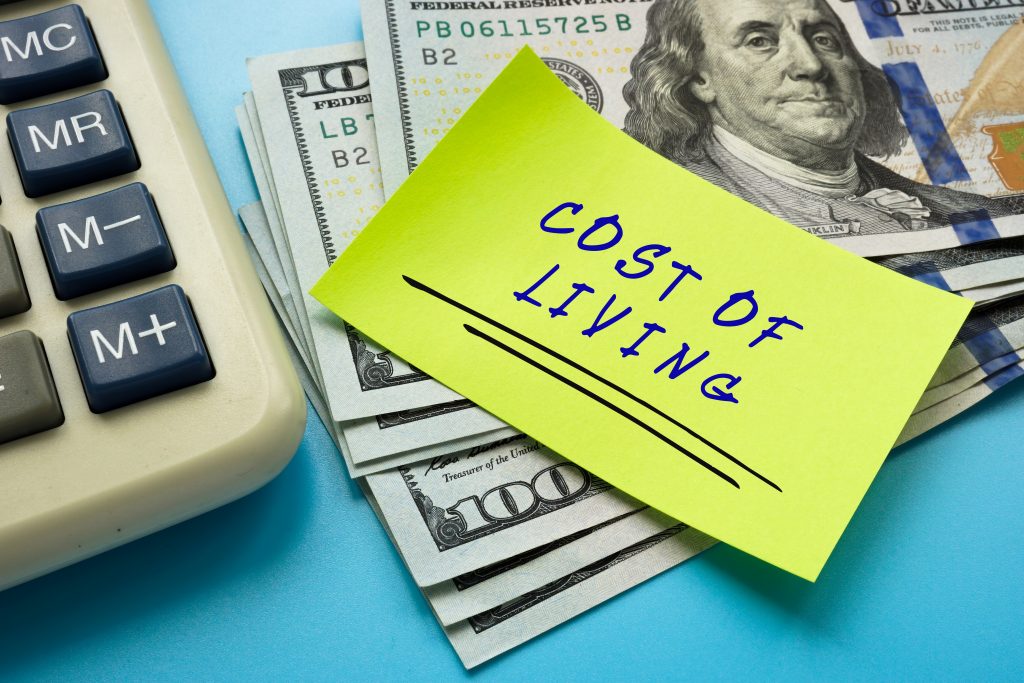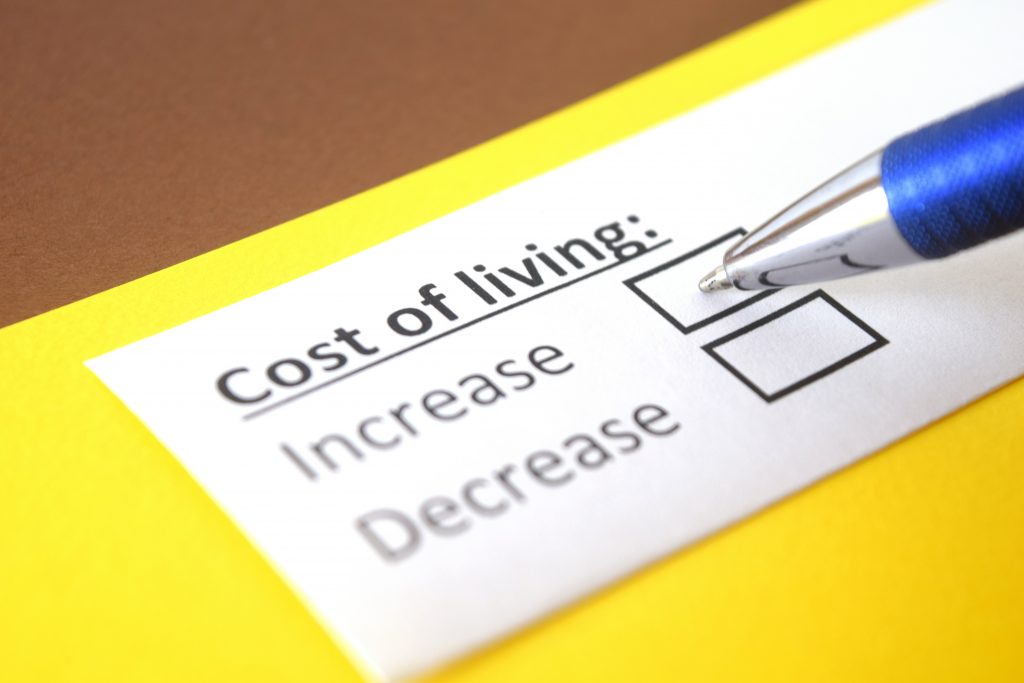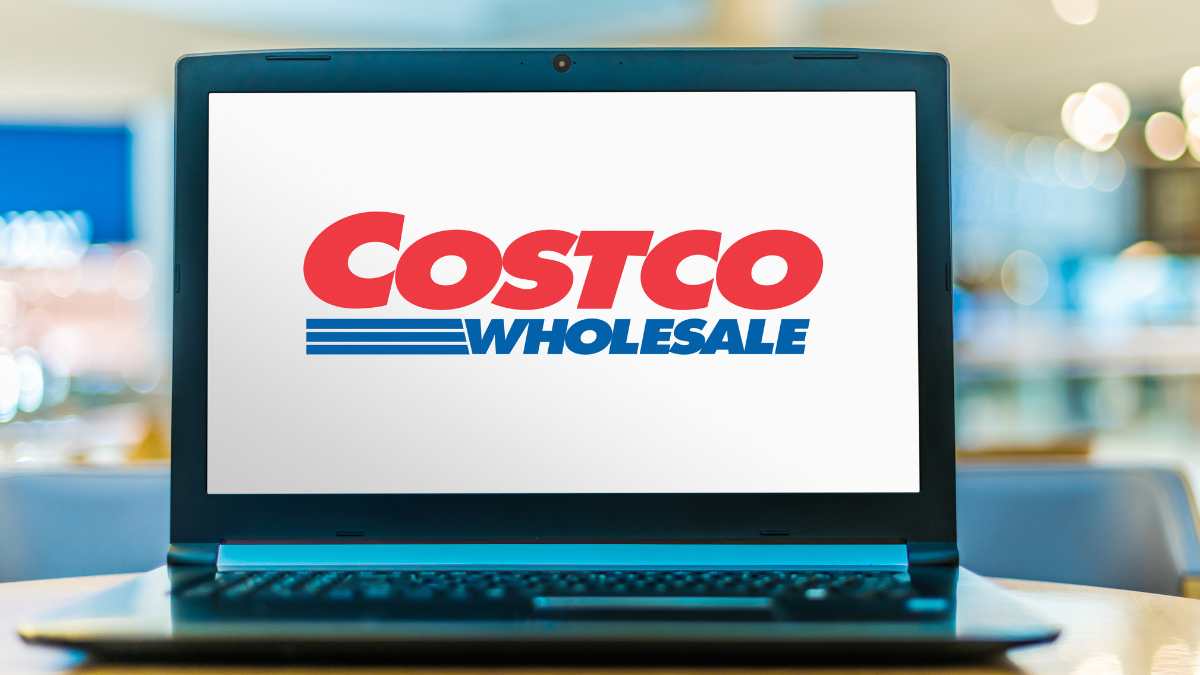Finances
What is an HCOL area? Learn what it means
If you don't know what an HCOL area is, you might be compromising your budget and your long term financial planning. This psot has every piece of information abotu this topic.
Advertisement
Moving to an HCOL area will impact your life: pros and cons of living in one of them

It is always nice to move to a new home, but do you know if you’re moving to an HCOL area? Or do you even know what HCOL means? If you don’t, this post is for you. Keep reading!

How to choose the best bank for you? Learn the key
You deserve the best bank to take care of your money. This post will tell you how you can choose the right option. Manage your money like a pro with the help of your bank
Moving to an HCOL area will impact many aspects of your life. It is not good or bad, and you have to analyze your specific situation.
Also, many things will say if moving to an HCOL area is a good idea for you. For example, your career or family plans, your workplace, your habit, etc.
So, to find out if you already live in an HCOL area or if you should consider moving to one, read this post all the way, and come to a conclusion.
What does HCOL mean? What is it?

Starting at the beginning, HCOL is the acronym for High Cost Of Living. So an HCOL area is a region where the basic costs of living are higher than average.
Note that this analysis is made taking into account the basic needs that all people have, and not an individual lifestyle.
Because you might be thinking, “but I have a low cost of living, and I’m a thrifty person, so this doesn’t apply to me.” But that’s not how it works.
For example, as economical as you are, you need a house with minimal space to accommodate you and your family (if you live with someone else). You also need to buy groceries and hire some services.
You will be redirected to another website
By submitting this form, I agree that I am 18+ years old and I agree to the Privacy Policy and Terms and Conditions. I also provide my signature giving express consent to receive marketing communications via automated emails, SMS or MMS text messages and other forms of communication regarding financial products such as credit card and loans. Message frequency varies and represents our good faith effort to reach you regarding your inquiry. Message and data rates may apply. Text HELP for help or text STOP to cancel. I understand that my consent to receive communications is not a condition of purchase and I may revoke my consent at any time.
Is it bad or good to live in an HCOL area?
If you live in an HCOL area, you will not have the option of paying less for these things as there is an average price in each region.
Imagine living in an HCOL area and having to travel to the other side of town to shop. Or having a higher-than-expected expense with rent and having to make a lot of savings to pay for your house? This will certainly disrupt your day-to-day a little.
There is an index to assess the cost of living in a given area. Housing costs will be analyzed and turned into a number. The number 100 would be the average cost of living (MCOL, Medium Cost of Living).
A region that scores 150 on this index indicates that the area is an HCOL with a 50% higher cost than average (150-100=50)
Now, if your region has reached 70 points in the score, it is an LCOL (Low Cost of Living) and has a cost 30% lower than the average (70-100=-30).
How to know if living in an HCOL area is right for you?

Some factors lead to a higher cost of living. Whether these factors are good or bad, it’s up to you.
One of these factors is demand and supply. If there are many people wanting to live in that area, the availability of places will also be low, increasing competitiveness and prices.
This will apply to all services in that region. Supermarket prices can be higher, as well as other stores and services. But there were also more options for leisure, entertainment, culture, and major sporting events.
It turns out that these regions also tend to have the best jobs. It’s a typical “chicken or egg dilemma” situation.
Costs are higher because wages are higher, and higher wages cause greater demand that increases competitiveness and makes costs higher.
So, if you are looking for a more relaxed lifestyle and have a remote job or are not looking for a higher salary or position, living in an HCOL area may not be the right path for you.
Now, if you enjoy a more hip lifestyle with access to theaters, restaurants, and stadiums and are looking for new professional opportunities, living in an HCOL area can boost your plans.
HCOL areas: advantages and disadvantages
To summarize and clarify this issue once and for all, let’s compare a highlight the pros and cons of an HCOL area so you can see what’s best for you.
What are the benefits of living in an HCOL area?
Certainly, many people see many benefits in living in the most contested areas. Let’s list some of these advantages below:
Higher salaries
People looking for better professional positions and growing companies will have more job opportunities in more competitive areas. However, the advent of the pandemic brought light to remote work, which changed this scenario a little.
Easy access to major cultural and sporting events
If you like to go to sophisticated clubs and restaurants or attend major sporting events, the HCOL areas will be better aligned with your lifestyle.
Easy access to various goods and services
Normally, HCOL areas have a greater variety of offers of all types of services. Although many things can be bought online, it is good to have stores and services close by. Many people who live in LCOL areas have to travel to HCOL areas to find what they are looking for.
Possible disadvantages of HCOL areas
More and more people are moving away from HCOL areas as they see many disadvantages in living in them. Especially the people who are working online, the so-called digital nomads. Let’s see some possible disadvantages:
Difficulty finding spacious and affordable housing
Good luck looking for a decent home for a decent price in an HCOL area. With greater demand, apartments are getting smaller and more expensive. It is also more difficult to find houses with a yard, as they are demolished to turn into multi-apartment buildings.
Your salary needs to be much higher to offset your cost
Although salaries are higher in HCOL areas, they are often not enough to cover the high cost of living. Be careful not to go after a luxurious life and fall into a life of hardship.
Can you become a rich Youtuber? It would expand your possibilities!
Everybody who works online today has fewer problems in choosing a place to live. You have way more freedom to move around when you carry your source of income with you.
Many people today work with social media and YouTube. But can you become rich being a Youtuber? Read the following post, and you will find out!

Is it possible to be rich being a Youtuber?
There are many ways to get rich with the internet. Being a Youtuber is one of these ways. But is it really possible for anyone? This post will tell you how Youtubers make
Trending Topics

What is a Costco Membership, and how can you get the most out of it?
Find out everything you need about Costco membership before signing up. Learn about the exclusive offers available only to members.
Keep Reading
COLA for 2023 – when will it take place?
The COLA, or cost of living adjustments, for 2023 is set to be the biggest one in over 40 years. Learn what this means for you.
Keep Reading
Who is the most powerful marvel character?
With so many powerful characters in Marvel comics, can you pick the top 10? We present our pick for the most powerful Marvel character!
Keep ReadingYou may also like

7 tips for sustaining your goals in 2023!
It’s never too early to start planning and setting yourself up for success. Here are 7 tips for sustaining goals throughout the year!
Keep Reading
USB-C Charging will become standard in most European devices in 2024
The European Union requirement of USB-C charging on a series of electronic devices is putting Apple on a spot to change their Lightning port.
Keep Reading
10 tips for a better financial life
Are you looking for ways to have better control over your finances? Learn about valuable tips for a much better financial life.
Keep Reading